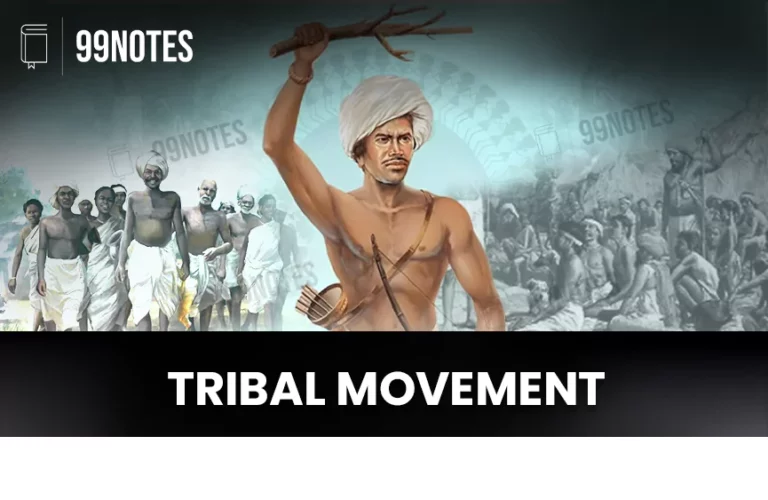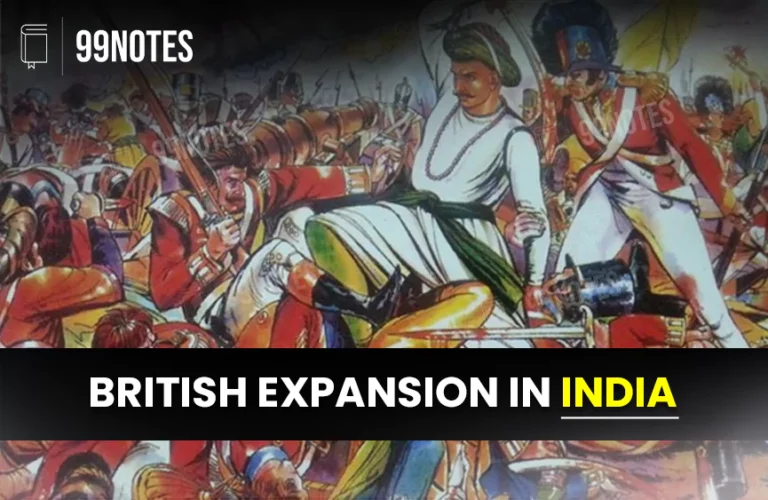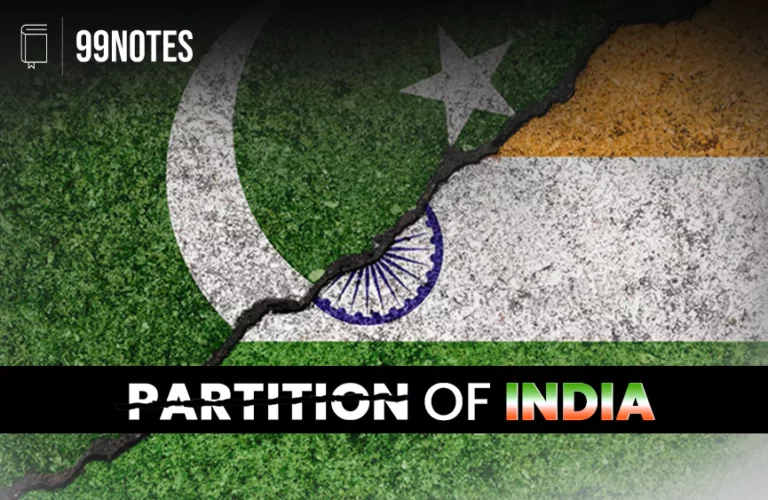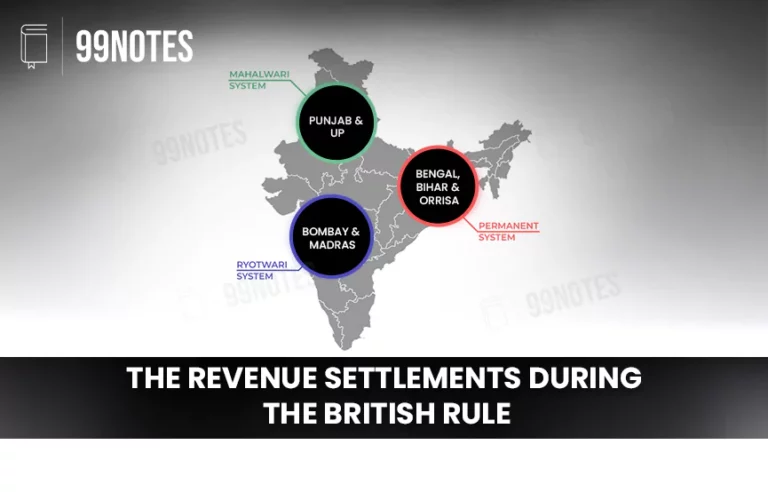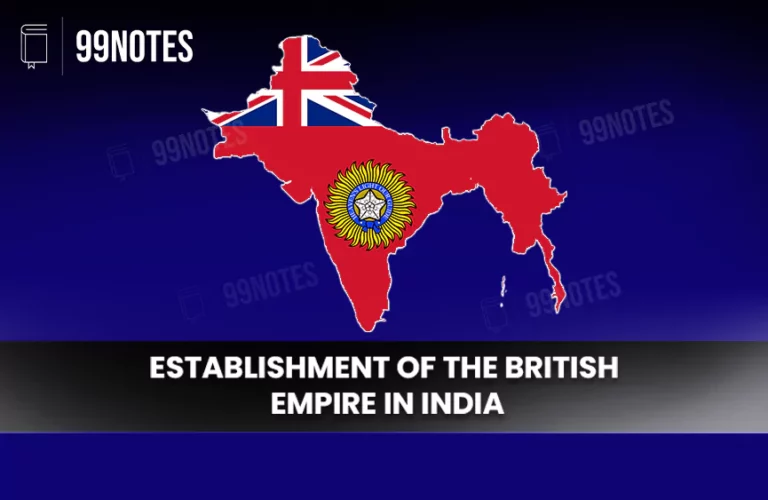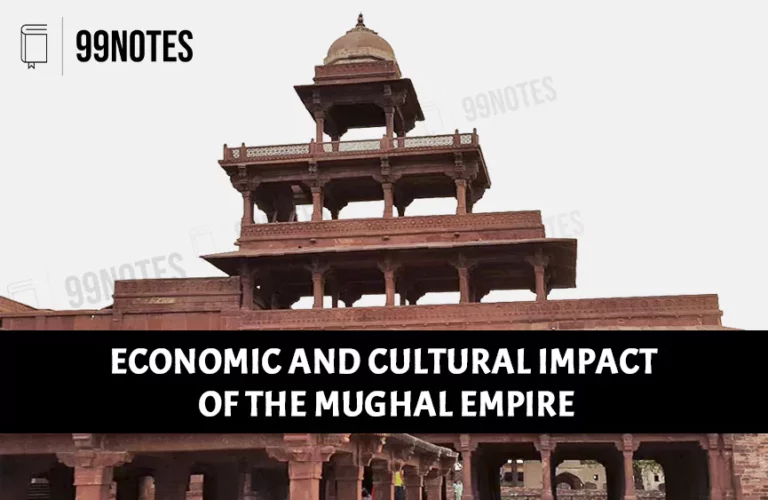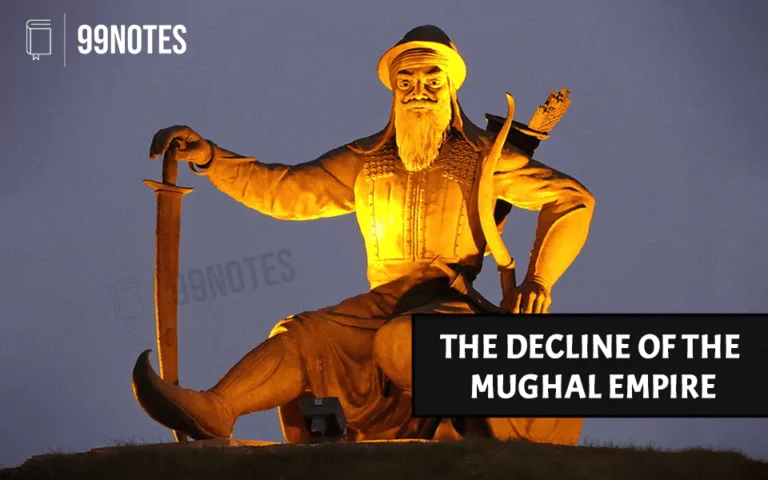Non-Cooperation Movement: Cause, Significance, & Its Impact [UPSC Notes]
Non Cooperation Movement & Khilafat Movement Intro: The Non Cooperation movement, launched by Mahatma Gandhi in 1920, was a significant phase in the Indian struggle for independence. Aimed at securing Swaraj or self-rule, it called for Indians to not give support for British institutions, boycott foreign goods, and adopt self-reliance. This mass protest against the…

